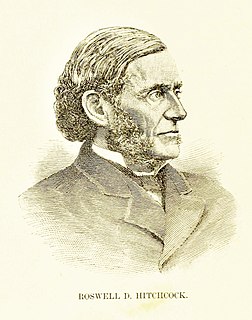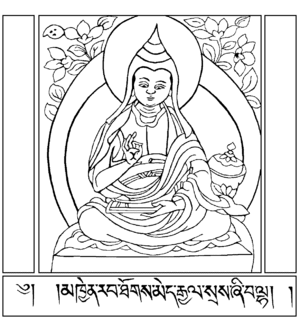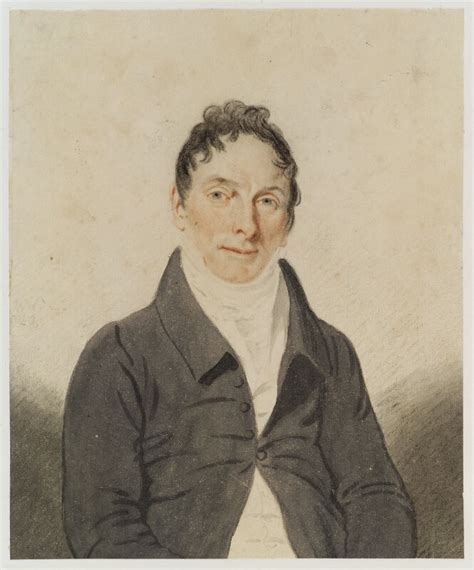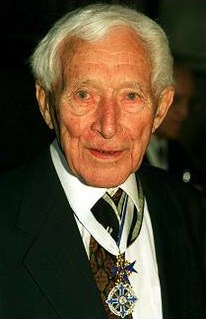A Quote by Elizabeth Barrett Browning
The Greeks said grandly in their tragic phrase, 'Let no one be called happy till his death;' to which I would add, 'Let no one, till his death, be called unhappy.'
Related Quotes
Emmett Till and I were about the same age. A week after he was murdered... I stood on a corner with a gang of boys, looking at pictures of him in the black newspapers and magazines. In one, he was laughing and happy. In the other, his head was swollen and bashed in, his eyes bulging out of their sockets, and his mouth twisted and broken... I couldn't get Emmett Till out of my mind, until one evening I thought of a way to get back at white people for his death.
There are minerals called hydrophanous, which are not transparent till they are immersed in water, when they become so; as the hydrophane, a variety of opal. So it is with many a Christian. Till the floods of adversity been poured over him, his character appears marred and clouded by selfishness and worldly influences. But trials clear away the obscurity, and give distinctness and beauty to his piety.
At what age did Warren Buffett come into philanthropy? At 76. He gave a very good reason. He said his wife was considerably younger than him. And all Americans believe they would live till 80, and they do live till 80. He told his wife that when he is gone, she should take care of whatever they need to do.
Death will be so quick to swoop on you; Gather merit till that moment comes! Wait till then to banish laziness? Then there'll be no time, what will you do? "This I have not done. And this I'm only starting. And this - I'm only halfway through ..." Then is the sudden coming of the Lord of Death, And oh, the thought 'Alas, I'm finished.'
There are two kinds of death, the death which is inevitable and common to all beings, and the death which is voluntary and particular to certain ones of them only. It is the second death which is prescribed for us in the words of the Messenger of Allah: "Die before you die." The resurrection is accomplished for him who dies this voluntary death. His affairs return to God and they are but one. He has returned to God and he sees Him through Him. As the Prophet said - on him be Grace and Peace!
Death is the door from the superficial life, the so-called life, the trivial. There is a door. If you pass through the door you reach another life - deeper, eternal, without death, deathless. So from so-called life, which is really nothing but dying, one has to pass through the door of death; only then does one achieve a life that is really existential and active - without death in it.
The (capital punishment) controversy passes the anarch by. For him, the linking of death and punishment is absurd. In this respect, he is closer to the wrongdoer than to the judge, for the high-ranking culprit who is condemned to death is not prepared to acknowledge his sentence as atonement; rather, he sees his guilt in his own inadequacy. Thus, he recognizes himself not as a moral but as a tragic person.







































